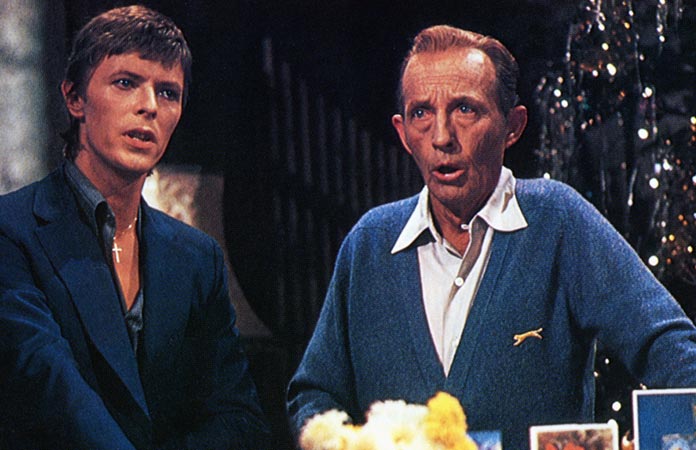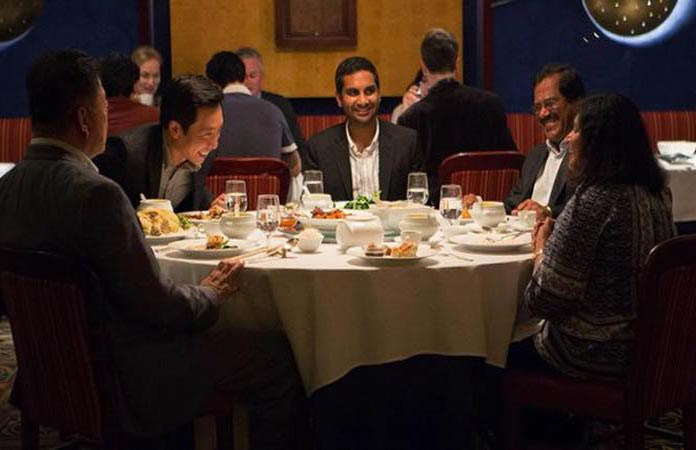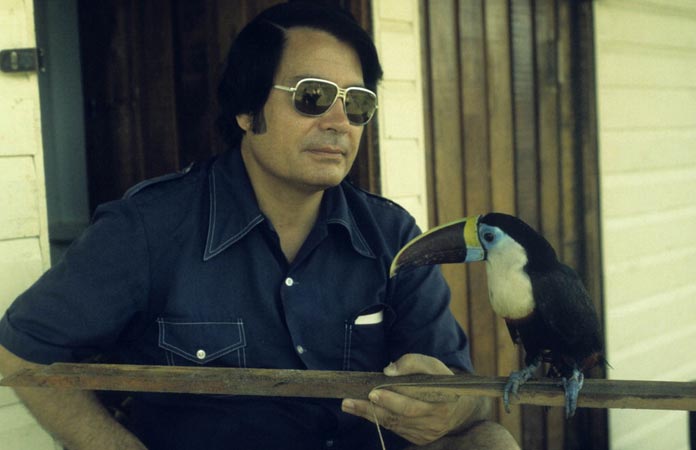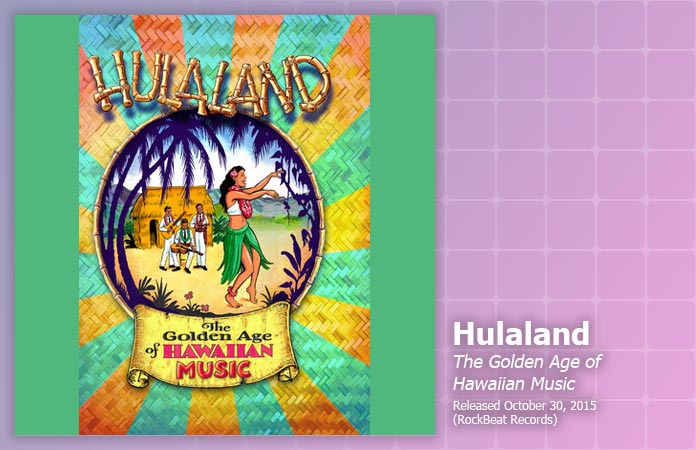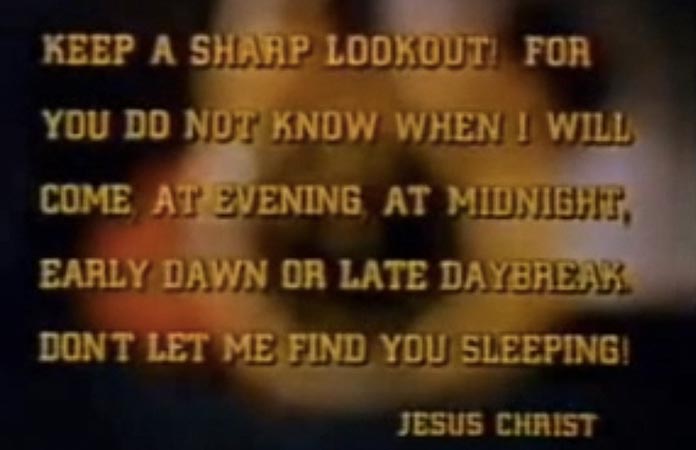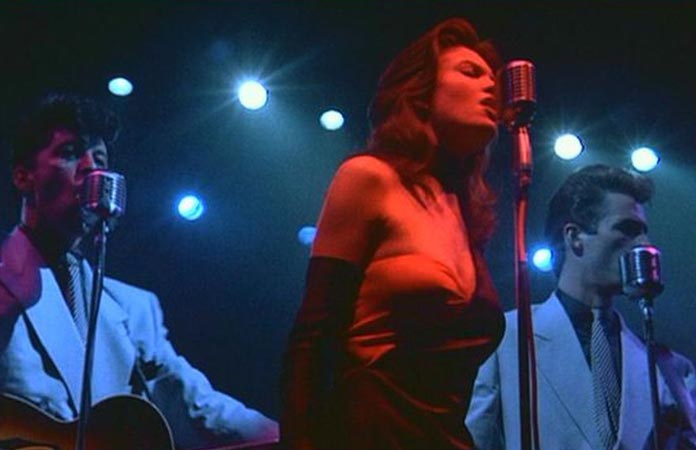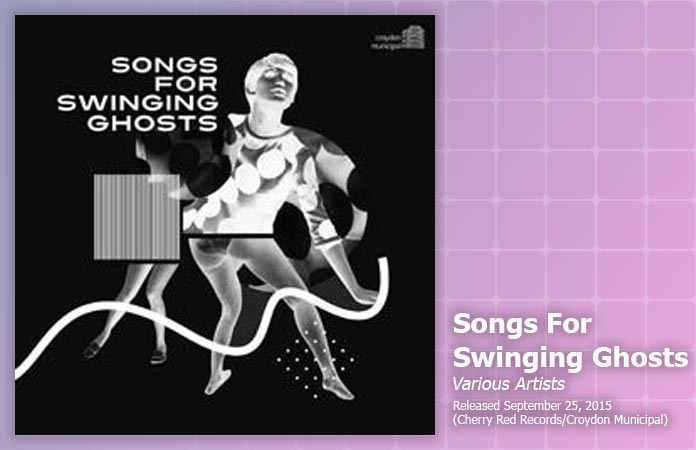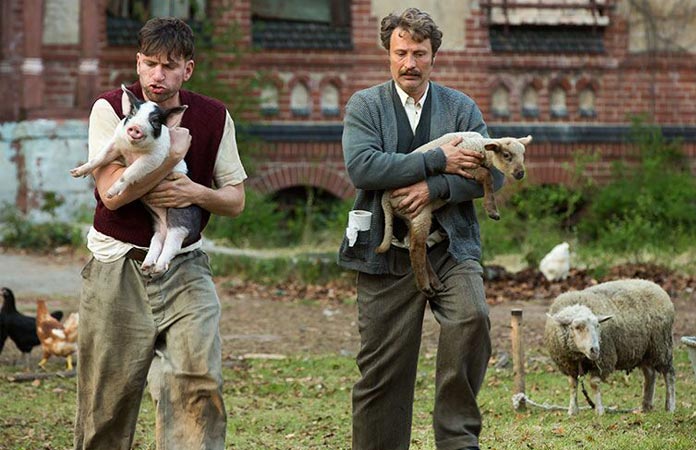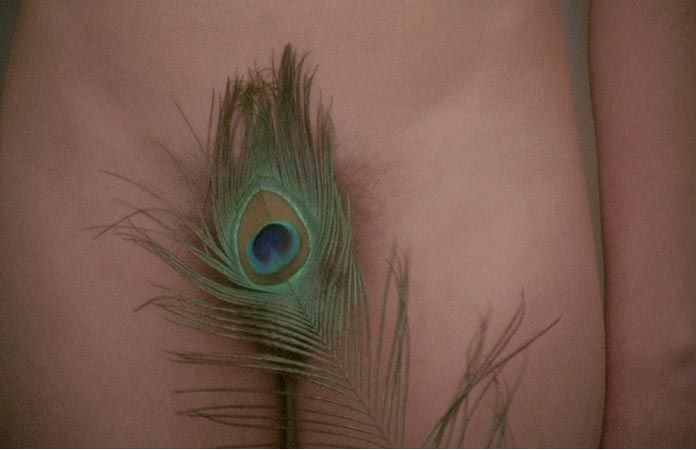Today In Pop Culture: Crosby Meets Bowie
Published on November 30th, 2015 in: Culture Shock, Holidays, Music, Retrovirus, Today In Pop Culture, TV |Pop quiz, hot shots.
Who was the biggest selling musical artist of the twentieth century? We’ll make this multiple choice, just to make it easier.
A) Elvis Presley
B) Madonna
C) Perry Como
D) Bachman-Turner Overdrive
If you guessed Bachman-Turner Overdrive, bless your heart.
DVD Review: México Bárbaro
Published on November 24th, 2015 in: Culture Shock, DVD, DVD/Blu-Ray Reviews, Horror, Movie Reviews, Movies, Reviews |By Tim Murr
“Eight terrifying films from Mexico’s top horror directors.” México Bárbaro (or Barbarous Mexico in English) almost lives up to its own tag line with four excellent and compelling shorts, one really good one, and three that you couldn’t pay me to say something nice about. Still, the good to bad ratio makes this anthology better than the first V/H/S, in my opinion.
TV Review: Master of None, Episode 2: “Parents”
Published on November 24th, 2015 in: Comedy, Culture Shock, Current Faves, Netflix Reviews, Reviews, TV, TV Reviews |By Tyler Hodg
Two episodes in, Master of None is becoming very clear to me. It’s not a show about getting the cheap laugh (almost every Chuck Lorre sitcom, I’m looking at you), it’s about offering a healthy dose of wit, charm, and intelligence. While it appears very accessible on the outside, those looking for added layers of sophistication won’t need to search hard.
Wayback Wednesday: A Look At Jonestown
Published on November 18th, 2015 in: Culture Shock |“We didn’t commit suicide, we committed an act of revolutionary suicide protesting the conditions of an inhumane world.”
—The Reverend Jim Jones, founder of the The Peoples Temple Full Gospel Church“Revolutionary suicide does not mean that I and my comrades have a death wish; it means just the opposite. We have such a strong desire to live with hope and human dignity that existence without them is impossible. When reactionary forces crush us, we must move against these forces, even at the risk of death.”
—Huey P. Newton, co-founder of the Black Panther Party
Music Review: Hulaland: The Golden Age Of Hawaiian Music
Published on November 12th, 2015 in: Culture Shock, Current Faves, Music, Music Reviews, Retrovirus, Reviews |I don’t know that a lovelier box set than Hulaland: The Golden Age Of Hawaiian Music has ever crossed my desk. Four discs of carefully curated tracks (105! 105 tracks of Hawaiian music! Your luau could go on for ages!), collecting a vast range of music from the 1920s to the ’70s, are housed in a gorgeous, hardbound book. The book serves as liner notes, written by James Austin, as well as a collection of memorabilia from a time when the States went tiki crazy, and reproductions of vintage sheet music covers from the Hawaiian heyday. It’s compulsively readable, showcasing notable Hawaiian musicians, a brief history of the ukulele, and all kinds of lagniappe wrapped in a candy-colored package. It’s worth the price of admission alone.
I Wish You’d All Be Ready For This Amazing Cover Song
Published on October 28th, 2015 in: Culture Shock, Movies, Music, Video |Christians have always been fascinated by the end of the world. In their version of this inevitable event, Jesus comes back and takes all of his followers with him up into Heaven, while those who do not believe are left on Earth where Satan rules, and something about the Illuminati and the United Nations and the Mark of the Beast and really, it just gets kind of confusing after that. I think it comes down to Christians get to skip last period, which is the class that everyone hates and has a D in.
Neon Dreams Will Bring Your Neo-Noir Fantasies To Life
Published on October 5th, 2015 in: Canadian Content, Culture Shock, Current Faves, Interviews, Movies |If you live in the Toronto area and you love movies, you might already know about The Royal Theatre on College Street. But did you know that every month, programmer Brendan Ross takes over The Royal for one night devoted to the best of neo-noir cinema from the 1970s, 1980s, and beyond? Featuring such classics as Body Double, Risky Business, To Live and Die in L.A., and Streets Of Fire, Ross’s Neon Dreams Cinema Club is one of the city’s best kept cinematic secrets.
Music Review: Various Artists, Songs For Swinging Ghosts
Published on October 2nd, 2015 in: Culture Shock, Current Faves, Music, Music Reviews, Reissues, Retrovirus, Reviews |Attention humans: be prepared for your record collection to become marginally spookier, but a whole lot weirder with the delightful new release from Croydon Municipal/Cherry Red Records (and just in time for Halloween), Songs For Swinging Ghosts.
Movie Review: Men & Chicken
Published on September 30th, 2015 in: Culture Shock, Current Faves, Film Festivals, Movie Reviews, Movies, Reviews |In Men & Chicken, Elias (Mads Mikkelsen) and Gabriel (David Dencik) are brothers whose father has just passed away. He’s left them a videocassette revealing that not only is he not their biological father, but the woman they knew as their mother wasn’t their biological mother. He also reveals that the name of their father is Evelio Thanatos.
Blu-Ray Review: Immoral Tales
Published on September 15th, 2015 in: Blu-Ray, Culture Shock, Current Faves, DVD/Blu-Ray Reviews, Movie Reviews, Movies, Reissues, Retrovirus, Reviews, Teh Sex |The 1970s were a time of sexual revolution. Women’s liberation, bra-burning, birth control pills, swingers, orgies, and who knows what else? It’s not like people didn’t know about sex before, but in the ’70s, sex exploded (which sounds gross). Suburban couples were lining up around the block to see Deep Throat and Behind the Green Door, two pornographic films that found both mainstream success and legal troubles, as both films were placed on trial for obscenity.
Obscenity still has an elastic meaning, and at times the line between artistic license and simple prurient leanings is blurry and hard to see. That’s precisely where 1974’s Immoral Tales lives, in that strange tesseract on the corner of Softcore Porn and Arthouse Loophole.
